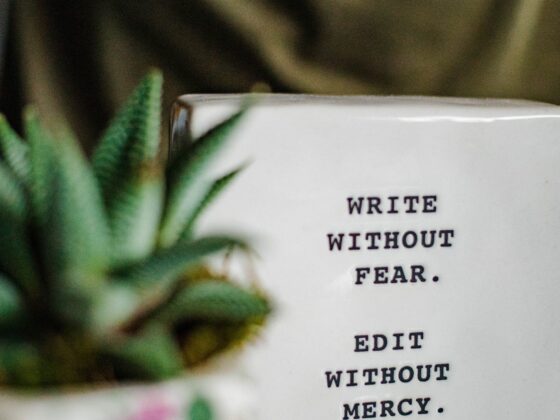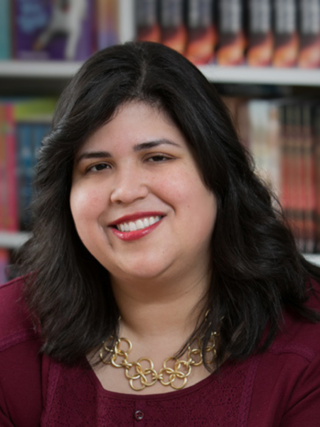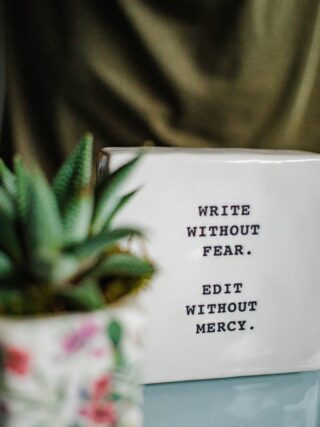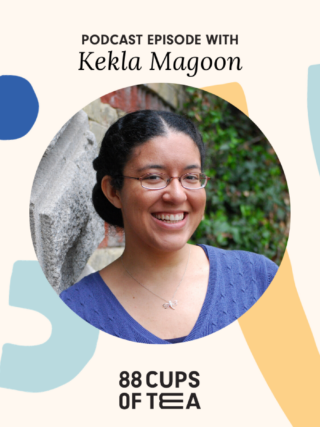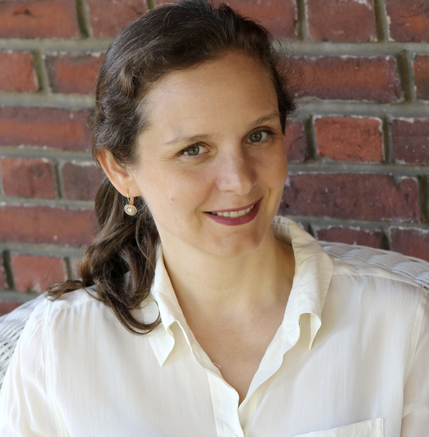
Victoria Wells Arms founded her own literary agency, Wells Arms Literary in 2013, and joined HG Literary in 2018. Before that she was the founding editorial director of Bloomsbury USA’s Children’s Division, and was an editor at Putnam and Dial Books for Young Readers. She has an MFA from Vermont College of Fine Arts in Writing for Children and Young Adults, and lives in New York City. Visit her online here and here, or follow her on Facebook page.
Vermont College of Fine Arts is a global community of artists continuously redefining what it means to be an arts college. It is accredited by the New England Commission on Higher Education (NECHE) and offers the Master of Fine Arts degree in a variety of fields, including Writing, Writing for Children & Young Adults, and Writing & Publishing, along with an International MFA in Creative Writing & Literary Translation. With low-residency and fully residential options, VCFA has the graduate program to fit your needs. Learn more at vcfa.edu.
88 Cups of Tea presents Essay & Podcast Series: Intimate Stories from Writers in partnership with our friends at VCFA
From the desk of a not-terribly-secret agent, Victoria Wells Arms
Wells Arms Literary LLC, in association with HG Literary.
I have been a children’s literary agent for nearly seven years now, after more than twenty as an editor. What I love about my job is that every day is a little different, every book, every author, every project and relationship has its own nuances. I signed two new clients in the last month, something I try not to do because I don’t want to spread myself too thin, but sometimes I love someone’s work so much I just can’t say no. Here’s a little bit about why I took these two very different writers on, and what will happen for me and them next.
The first is a seasoned pro, an author of many nonfiction picture books, a teacher, reviewer and a beloved figure among writers. She had an agent once but they started focusing more on adult and young adult fiction (where in theory the hot money is), so my author represented herself for many years. This is fine for some picture book authors, especially when they have a good relationship with an editor, or are doing lots of ongoing work-for-hire projects, but after a while editors do move around, or retire, and authors then often feel lost. So my job will be to brainstorm with my client about which other editors we might try for the various projects she has in mind. More important for her is my help looking at the big picture of a mid-career, midlist author who might like to grow in some new ways and if possible, break out from mid-list to something bigger.
The other new client is a debut young-adult novelist with a long and sweeping historical fiction novel that I could not put down. When I spoke to this first-time author I could tell she was a little leery of anyone wanting to cut her beloved manuscript, even though she’d guessed that with a manuscript of nearly 800 pages it might have to happen. So I gave her some broad strokes about how I proposed to tighten it and what hurdles she might face in an acquisition meeting. We talked about the pros and cons of big publishers vs small, of seasoned editors vs young ones, and of self-publishing vs traditional publishing. I have sent her editorial notes but also I hope that she (and all my authors) has a good writing group and/or “beta” readers. If she sends back a revision that still is overlong and needs work we will try again, and sometimes this means many more rounds, which is just fine.
Once the agent and author have taken the manuscript as far as they think they can then it’s time for submission. Sometimes we want to try one good editor first in an exclusive, but more often we send to ten or more editors and see who responds to the work. My colleagues in the adult space will often pitch a project first by phone, but almost all my submissions are ultimately done by email, though often I’ll pitch editors in person over lunch or coffee, which is fun and very helpful to us all.
When I send out a client’s project it’s because I can think of at least one editor who might like it and buy it. There are more than 200 children’s editors in my database and new ones cycle in (and out) every week. I don’t know every one of them intimately, but it’s my job to have a pretty good sense of them and their house. So if I tell a client I am out of ideas, or it’s just not hitting the mark, then my client can either put it on the back burner until a new way of writing it comes to mind, or the market shifts, or one of us makes a connection we hadn’t expected.
What does an agent do all day? We work on relationships. We manage our clients’ careers by overseeing their contracts and payments and rights situations. We build our relationships with editors, so that might mean having lunch with an editor I know who is building a different kind of list, or I might have a drink with a young editor just starting out. I go to industry shows like BEA and ALA to run into old friends and see lots of books. I spend time in bookstores and at smaller industry functions. I spend my day on email and on the phone with those editors, my clients, film agents and producers, and sometimes with lawyers. I chat with my colleagues, other agents who know other editors than I do, and can help me build a submission list or untangle a legal or ethical issue a client may be handling. I spend a lot of time cheerleading–reminding my clients that they are talented, that they deserve more–or can do better! I might be calling their publisher to get more information and support from marketing. I might be telling my author she needs to move on and try something new. I talk with my foreign rights and film rights managers so they know what is new, or which of my clients is getting starred reviews, which I also post on social media–internally and externally.
Mostly, I try to be an optimist, to let rejection slide off my back and to help my clients do the same, and to look for the sliver of light and hope, the moment of beauty that is gorgeous writing or illustration, and then help make the most of it, in different ways every day.

Victoria Wells Arms founded her own literary agency, Wells Arms Literary in 2013, and joined HG Literary in 2018. Before that she was the founding editorial director of Bloomsbury USA’s Children’s Division, and was an editor at Putnam and Dial Books for Young Readers. She has an MFA from Vermont College of Fine Arts in Writing for Children and Young Adults, and lives in New York City. Visit her online here and here, or follow her on Facebook page.
Vermont College of Fine Arts is a global community of artists continuously redefining what it means to be an arts college. It is accredited by the New England Commission on Higher Education (NECHE) and offers the Master of Fine Arts degree in a variety of fields, including Writing, Writing for Children & Young Adults, and Writing & Publishing, along with an International MFA in Creative Writing & Literary Translation. With low-residency and fully residential options, VCFA has the graduate program to fit your needs. Learn more at vcfa.edu.


